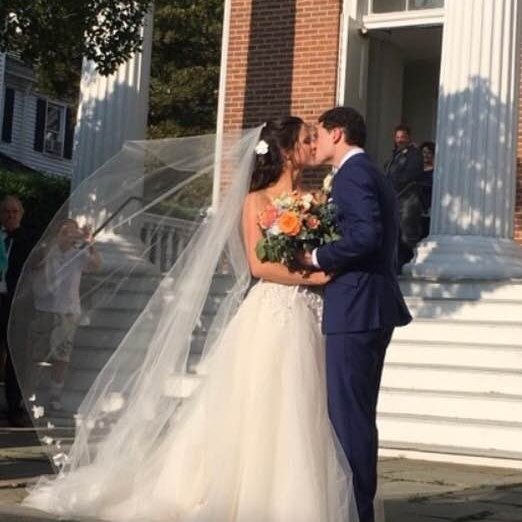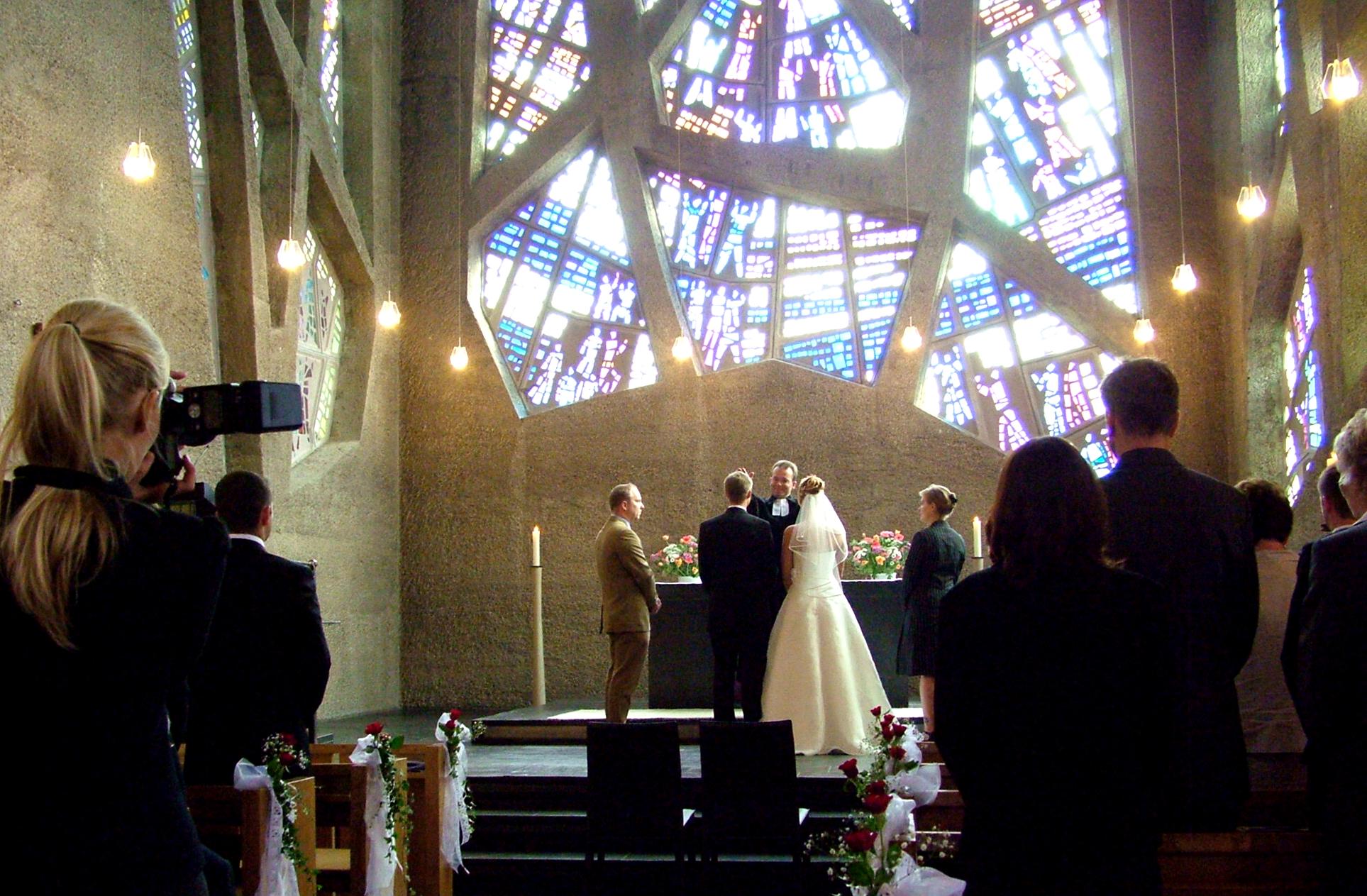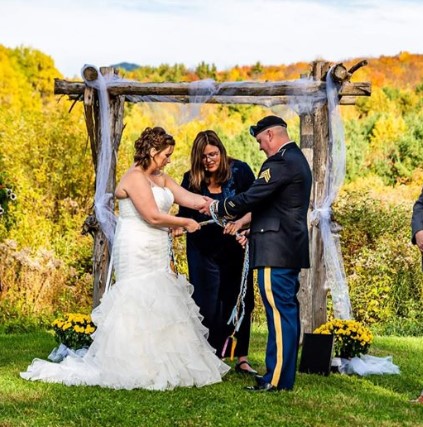|
Celebrancy
Celebrancy is a profession founded in Australia in 1973 by the then Australian attorney-general Lionel Murphy.Messenger, Dally, Murphy's Law and the Pursuit of Happiness: a History of the Civil Celebrant Movement, Spectrum Publications, Melbourne (Australia), 2012 The aim of the celebrancy program was to authorise persons to officiate at secular ceremonies of substance, meaning and dignity mainly for non-church people. Up until this point legal marriages were reserved only to clergy or officers of the Births, Deaths & Marriages registry office. These appointed persons, referred to in the Marriage Act of Australia as "authorised celebrants", create & conduct weddings, funerals, namings, house dedications, coming of age and other life ceremonies for those who do not wish to be married or have other ceremonies in a church or registry office. Early history A senator, attorney-general and High Court Justice of Australia, Lionel Murphy was the founder of modern celebrancy. He had a very ... [...More Info...] [...Related Items...] OR: [Wikipedia] [Google] [Baidu] |
Dally Messenger III
Dally Messenger III (born 1938) is a civil celebrant, author, publisher, commentator, and a founder and chronicler of the civil celebrant movement which originated in Australia. He is the grandson of the rugby union and rugby league footballer Dally Messenger, aka Herbert Henry "Dally" Messenger, whose nickname "Dally" has become his grandson's given name. Antecedents and family background Dally Messenger III (Dally Raymond Messenger) shares with his grandfather, the rugby player, some ancestors who were notable rowers and boat-builders. Dally Messenger III is the great-great-grandson of Thames boat-builder James Arthur Messenger, who was a Queen's Waterman, barge master to Queen Victoria, and sculling champion of the world from 1854 to 1857. He is also the great grandson of Charles Amos Messenger, the sculling champion of Victoria (), 1881 Rowing Champion of New Zealand, and 1887 contender for the sculling championship of the world. Charles Amos also established the first b ... [...More Info...] [...Related Items...] OR: [Wikipedia] [Google] [Baidu] |
Celebrant (Australia)
In Australia, celebrants are people who conduct formal ceremonies in the community, particularly weddings, which are the main ceremony of legal import conducted by celebrants and for this reason often referred to as marriage celebrants. They may also conduct extra-legal ceremonies such as Naming ceremony, naming of babies, Wedding vow renewal ceremony, renewal of wedding vows, funerals, divorce, becoming a teenager, changing name, significant birthday, retirement, and other life milestones. Officiating at a marriage requires that the celebrant be an authorised marriage celebrant under Australian law, or the law where the marriage takes place, but officiating at non-legal ceremonies does not. Marriage celebrants Many Western nations permit civil celebrants to perform basic, legal, marriage ceremonies. However Australia was the first nation whose government appointed non-clergy celebrants with the intention of creating ceremony, ceremonies which aspire to be as culturally enrichi ... [...More Info...] [...Related Items...] OR: [Wikipedia] [Google] [Baidu] |
Funeral Celebrant
A civil funeral celebrant is a person who officiates at funerals which are not closely connected with religious beliefs and practises. They are analogous to civil celebrants for marriage ceremonies. Civil celebrant funerals began in Australia in 1975. As secular (civil) wedding ceremonies became accepted, first in Australia and then in other Western countries, a similar process for funerals has since been established in New Zealand, the United Kingdom, Canada and the United States.Messenger, Dally (2012), ''Murphy's Law and the Pursuit of Happiness: A History of the Civil Celebrant Movement'', Spectrum Publications, Melbourne (Australia), pp148-192 Civil funeral celebrants are often also civil marriage ceremony celebrants. Description A civil funeral celebrant provides funerals for people who do want a religious ceremony and those who have religious beliefs but do not want to be buried or cremated from a church or other religious building. People often choose civil celebrants ... [...More Info...] [...Related Items...] OR: [Wikipedia] [Google] [Baidu] |
Marriage Officiant
A marriage officiant is a person who officiates at a wedding ceremony. Religious weddings, such as Christian ones, are officiated by a pastor, such as a priest or vicar. Similarly, Jewish weddings are presided over by a rabbi, and in Islamic weddings, an imam is the marriage officiant. In Hindu weddings, a pandit is the marriage officiant. Some non-religious couples get married by a minister of religion, while others get married by a government official, such as a civil celebrant, judge, mayor, or Justice of the peace. By faith Religious weddings are officiated by clergy people: *Christianity: **Catholic, Lutheran, Orthodox, Anglican - Priest **Methodist, Moravian, Baptist, Reformed - Minister (Christianity) **Mormon - Bishop *Hindu - Pujari *Islamic - Imam *Jewish - Rabbi The officiant's duties and responsibilities, as well as who may be an officiant vary among jurisdictions. Christianity Catholicism In the Catholic Church, it is the bride and groom who perform the Sa ... [...More Info...] [...Related Items...] OR: [Wikipedia] [Google] [Baidu] |
Celebrant Foundation And Institute
Celebrant as an Occupation/Profession Celebrancy is a growing occupation worldwide. In the first instance, a celebrant is a ceremony provider for secular people, and to a lesser extent for persons who, for one reason or another, do not wish to avail themselves of a religious ceremony. It originated in the 1960s in Australia, as the initiative of the Australian statesman and Attorney General, Lionel Murphy. It later took hold in the New Zealand, Great Britain, Denmark, and the United States. Celebrants now exist, to a limited extent, in almost every country in the world.Messenger III, Dally (2012), Murphy's Law and the Pursuit of Happiness: a History of the Civil Celebrant Movement, Spectrum Publications, Melbourne (Australia), 2012, p.24ff New Jersey celebrant legislation The Celebrant profession has been reported as a top “Encore Career” by CNN and Money Magazine, and a “best job” in Parade Magazine and other media for those who wish to have a fulfilling calling that is bot ... [...More Info...] [...Related Items...] OR: [Wikipedia] [Google] [Baidu] |
Lionel Murphy
Lionel Keith Murphy QC (30 August 1922 – 21 October 1986) was an Australian politician, barrister, and judge. He was a Senator for New South Wales from 1962 to 1975, serving as Attorney-General in the Whitlam Government, and then sat on the High Court from 1975 until his death. Murphy was born in Sydney, and attended Sydney Boys High School before going on to the University of Sydney. He initially graduated with a degree in chemistry, but then went on to Sydney Law School and eventually became a barrister. He specialised in labour and industrial law, and took silk in 1960. Murphy was elected to the Senate at the 1961 federal election, as a member of the Labor Party. He became Leader of the Opposition in the Senate in 1967. Following Labor's victory at the 1972 federal election, Gough Whitlam appointed Murphy as Attorney-General and Minister for Customs and Excise. He oversaw a number of reforms, establishing the Family Court of Australia, the Law Reform Commission, and ... [...More Info...] [...Related Items...] OR: [Wikipedia] [Google] [Baidu] |
Ceremonies
A ceremony (, ) is a unified ritualistic event with a purpose, usually consisting of a number of artistic components, performed on a special occasion. The word may be of Etruscan origin, via the Latin '' caerimonia''. Church and civil (secular) ceremonies According to Dally Messenger and Alain de Botton, in most Western countries the values and ideals articulated in both church and civil ceremonies are generally similar. The difference is in what Messenger calls the "supernatural infrastructure" or de Botton the "implausible supernatural element".Messenger, Dally; ''Murphy's Law and the Pursuit of Happiness: a History of the Civil Celebrant Movement'', Spectrum Publications, Melbourne (Australia), 2012 Most churches and religions claim some extra advantage conferred by the deity e.g. Roman Catholics believe that through the words of consecration in the mass ceremony, God himself becomes actually present on the altar. Both church and civil ceremonies share the powerful psycho ... [...More Info...] [...Related Items...] OR: [Wikipedia] [Google] [Baidu] |
Humanist Celebrant
A humanist celebrant or humanist officiant is a person who performs humanist celebrancy services, such as non-religious weddings, funerals, child namings, coming of age ceremonies and other rituals. Some humanist celebrants are accredited by humanist organisations, such as Humanists UK, Humanist Society Scotland (HSS), The Humanist Society (US), and the Humanist Association of Canada (HAC). Availability Humanist ceremonies are conducted in every part of the world by humanist organisations, although the legal status of non-religious ceremonies of different kinds varies from place to place. In general, funeral ceremonies are not typically regulated by states, but many countries with a religious history have stricter guidelines on who can perform legal marriages. Naming ceremonies, similarly, can be held anywhere without legal implications. In countries where legal marriages can only be performed by religious institutions or the state (such as England), humanist weddings are often p ... [...More Info...] [...Related Items...] OR: [Wikipedia] [Google] [Baidu] |
Ceremony
A ceremony (, ) is a unified ritualistic event with a purpose, usually consisting of a number of artistic components, performed on a special occasion. The word may be of Etruscan origin, via the Latin '' caerimonia''. Church and civil (secular) ceremonies According to Dally Messenger and Alain de Botton, in most Western countries the values and ideals articulated in both church and civil ceremonies are generally similar. The difference is in what Messenger calls the "supernatural infrastructure" or de Botton the "implausible supernatural element".Messenger, Dally; ''Murphy's Law and the Pursuit of Happiness: a History of the Civil Celebrant Movement'', Spectrum Publications, Melbourne (Australia), 2012 Most churches and religions claim some extra advantage conferred by the deity e.g. Roman Catholics believe that through the words of consecration in the mass ceremony, God himself becomes actually present on the altar. Both church and civil ceremonies share the powerful psych ... [...More Info...] [...Related Items...] OR: [Wikipedia] [Google] [Baidu] |
Richard Pryor
Richard Franklin Lennox Thomas Pryor Sr. (December 1, 1940 – December 10, 2005) was an American stand-up comedian and actor. He reached a broad audience with his trenchant observations and storytelling style, and is widely regarded as one of the greatest and most influential stand-up comedians of all time. Pryor won a Primetime Emmy Award and five Grammy Awards. He received the first Kennedy Center Mark Twain Prize for American Humor in 1998. He won the Writers Guild of America Award in 1974. He was listed at number one on Comedy Central's list of all-time greatest stand-up comedians. In 2017, ''Rolling Stone'' ranked him first on its list of the 50 best stand-up comics of all time.The 50 Best Stand-up Comics of All Time . Rollingstone.com, retrieved February 15, 2017. ... [...More Info...] [...Related Items...] OR: [Wikipedia] [Google] [Baidu] |
Marriage
Marriage, also called matrimony or wedlock, is a culturally and often legally recognized union between people called spouses. It establishes rights and obligations between them, as well as between them and their children, and between them and their in-laws. It is considered a cultural universal, but the definition of marriage varies between cultures and religions, and over time. Typically, it is an institution in which interpersonal relationships, usually sexual, are acknowledged or sanctioned. In some cultures, marriage is recommended or considered to be compulsory before pursuing any sexual activity. A marriage ceremony is called a wedding. Individuals may marry for several reasons, including legal, social, libidinal, emotional, financial, spiritual, and religious purposes. Whom they marry may be influenced by gender, socially determined rules of incest, prescriptive marriage rules, parental choice, and individual desire. In some areas of the world, arrang ... [...More Info...] [...Related Items...] OR: [Wikipedia] [Google] [Baidu] |
Officiant
An officiant is someone who officiates (i.e. leads) at a service or ceremony, such as marriage, burial, or namegiving/baptism. Religious officiants are usually ordained by a religious denomination as members of the clergy. Some officiants work within congregations in some denominations and for specified ceremonies (e.g. funerals), as non-ordained members on the clergy team. Clergy/officiants differ from chaplains in that the clergy serve the members of their congregation, while chaplains are usually employed by an institution such as the military, a hospital or other health care facility, etc. There may be more than one con-celebrant, but, even when a higher-ranking cleric is present, (save the Pope), there is only one principal celebrant. Secular officiants include civil celebrants, Humanist Society–appointed officiants, Justices of the Peace, marriage commissioners, notaries, and other persons empowered by law to perform legal marriage ceremonies. Many secular celebrant ... [...More Info...] [...Related Items...] OR: [Wikipedia] [Google] [Baidu] |








